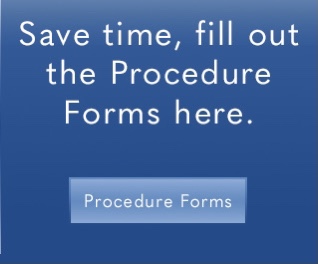Daily flossing helps to get rid of food particles and plaque and maintain a healthy smile in the long-term.
According to the professionals at the Australian Dental Association, flossing daily should form part of any proper oral hygiene routine. This habit, along with brushing twice a day with a fluoride toothpaste, eating a balanced diet, limiting your intake of sugar, and seeing your dentist for regular check-ups can help to maintain a healthy smile for life.
Unfortunately, many people choose to skip their daily floss and suffer considerable dental damage as a result. When food and plaque get stuck between the teeth, bacteria are attracted to the area, which produce harmful acids that can wear away at the enamel over time. While brushing is an important habit, it’s simply not possible to reach all areas of the mouth with your toothbrush alone, so flossing is a key step in taking care of your teeth.
What types of floss are available?
When it comes to choosing a floss that best suits your needs, there are a number of options available. Regular floss remains a popular choice, while dental tape is often a good choice when you need to get into narrower spaces between the teeth. If you are finding it difficult to master your flossing technique, you might consider using an interdental brush. These special tools are easy to use, and are particularly well suited to large gaps. Water flossers are also an effective option — they work by spraying water at a high pressure, which helps to get rid of debris between the teeth.
If you are not sure which type of floss is best for you, it’s a good idea to speak to your dentist. They will explain the benefits of each one to you, and let you know which type is most appropriate for you, depending on your unique needs and lifestyle.
What are the benefits of flossing?
There are a number of health benefits to flossing your teeth on a daily basis. The habit can go a long way in supporting healthy gums and preventing issues like gingivitis from developing. Gingivitis occurs when the gums are inflamed, and if left untreated, it can lead to a more serious infection called periodontitis.
Flossing also helps to remove plaque from between the teeth and along the gumline, which greatly reduces one’s risk of tooth decay and cavities. The habit also helps to keep bad breath at bay as it removes food particles from the teeth.
How often should you floss?
Dental professionals generally recommend that you floss your teeth once a day. It doesn’t matter if you choose to do so in the morning or evening, as long as you incorporate it into your daily routine. Most dentists advise that you floss before you brush your teeth because this helps to loosen food particles that may be stuck between your teeth. Then, when you brush your teeth, it should be easier to get rid of any food debris and plaque that you have removed from between your teeth and along the gum line.
How can we help?
At City Smiles, we love to help our patients maintain their oral health in the long-term. We encourage all of our patients to practice proper oral hygiene on a daily basis and to come in and see us for regular check-ups and cleans.
These check-up appointments are a great opportunity for you to raise any questions or concerns that you have about your oral health or your hygiene habits and techniques. Our team is available to provide you with all the information and advice you need to enjoy a healthy and beautiful smile.
As well as general dentistry services, we also offer cosmetic, restorative, orthodontic, dentofacial and emergency treatments. To find out more about our range of services, please have a look here. To make an appointment at City Smiles, please contact us here.


